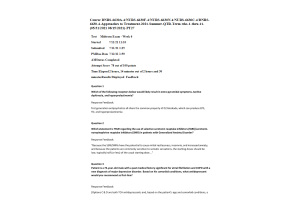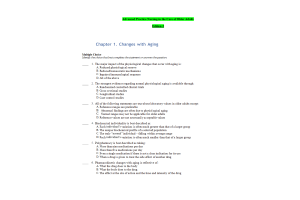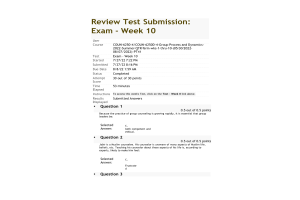COUN 6215 Week 6 Quiz (100% Correct)
- $29.00
1. Question: Counselors working with school-age children and adolescents need to recognize that gender identity continues to develop in these years. Among the important findings from recent research is that girls tend to feel
2. Question: When elementary school children are free to choose whomever they wish to play with, the most consistent finding is that they will choose
3. Question: To understand parent-teen conflicts, it can be helpful for the counselor to understand the parents’ and teen’s views of parental control. For example, teens often consider some aspects of parental control legitimate but not others. Which of the following kinds of rules governing behavior are
teens most likely to feel that parents should not control?
4. Question: Which of these is the best summary of developmental trends in the formation of identity?
5. Question: It’s a typical day for Tessa, a counselor who works with teenagers. Marcus explains to her that he came to school high on drugs because he can get away with it. He believes his teachers are clueless when it comes to spotting kids on drugs. Which form of adolescent egocentrism might Elkind use to describe Marcus’ view of the world?
6. Question: One gender-related characteristic of peer evaluations is that
7. Question: Experimentation with deviant or risky behaviors (drug use, vandalism, sex, truancy, etc.) in adolescence is:
8. Question: Tiffany is 3 years old. She knows that she is a girl, and she expects to be a girl tomorrow, but she does not understand that her gender is permanent. She believes that cutting her hair short could change her gender. Tiffany has but not .
9. Question: Which of the following parenting styles is most closely associated with positive outcomes in psychosocial development and school achievement for adolescents?
10. Question: What does contemporary research suggest about the nature of sexual orientation?
11. Question: According to Erikson, what are the processes involved in the development of identity?
12. Question: Research indicates that children’s feelings of autonomy from peers are likely to be at their lowest point for which of the following age groups?
13. Question: Males are less likely to survive than females, both before and after birth. One important reason is that
14. Question: Which of the following is a well-documented gender difference in brain structure?
15. Question: For an adolescent engaging in risky behavior (e.g., alcohol use), one strategy that counselors can use is to introduce dissonance into the discussion. Before a counselor can do so effectively, she must
16. Question: When counseling adolescents who are unsure of their sexual identity, helpers should keep in mind that
17. Question: What kind of peer intervention is least likely to be helpful to troubled teens?
18. Question: As a toddler, Joey loved to “dance” with his mother and his sisters, twirling around the house to music. By age 5, Joey refused to dance anymore, saying that dancing was for girls. His mother felt that he really wanted to dance but that he just wouldn’t. How would a cognitive theorist explain Joey’s attitude toward dancing?
19. Question: High levels of parental monitoring and control are associated with which of the following outcomes regardless of ethnicity or social class?
20. Question: Steinberg and Scott (2003) argue that when teenagers are found guilty of a crime, it may be that their culpability is mitigated in comparison to that of typical adults. Which of these is not one of the reasons they argue teenagers are probably less culpable than adults?
21. Question: Which of the following traits best characterizes popular children across a wide variety of cultures?
22. Question: What is the “two-pronged approach” to helping adolescents with their behavioral, social, or academic problems?
23. Question: Most theories of racial, ethnic or sexual identity include which of the following ideas?
24. Question: Studies of peer groups indicate that children’s conformity to peers can best be described as resulting from
25. Question: A coping style which has been linked to higher levels of depression among adolescent girls and women is:
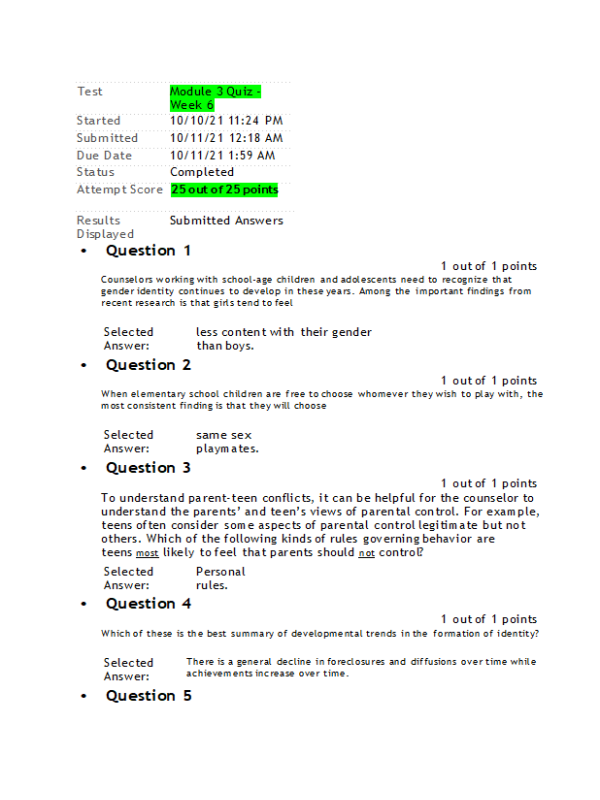
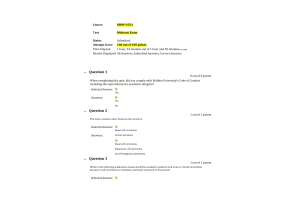
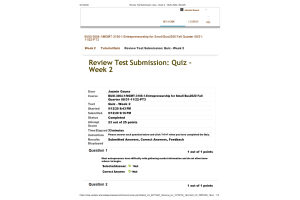
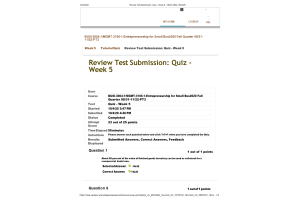

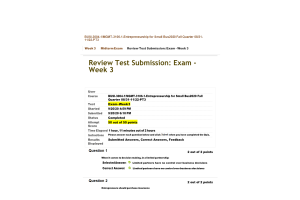
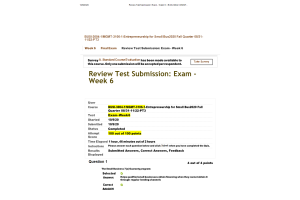
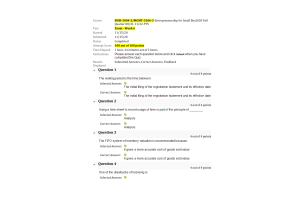
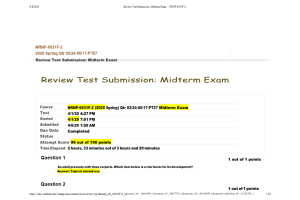

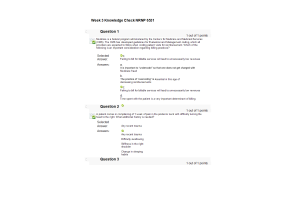



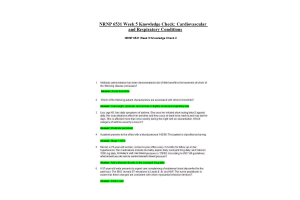



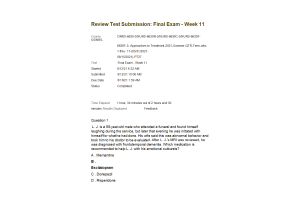
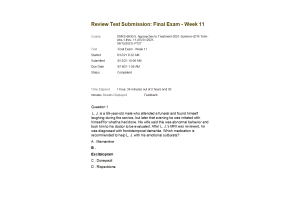
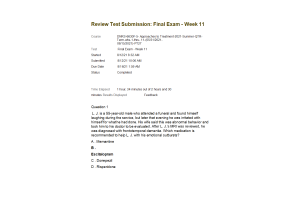
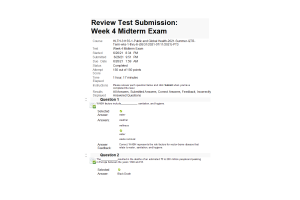
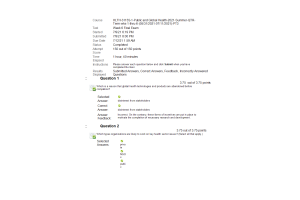
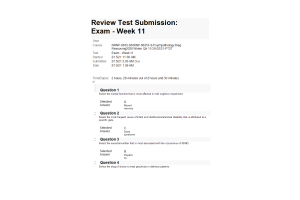
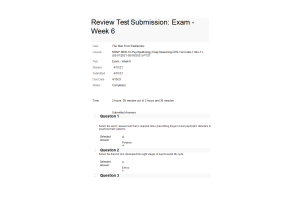
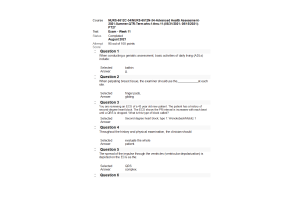
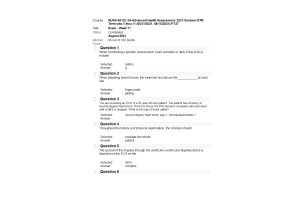
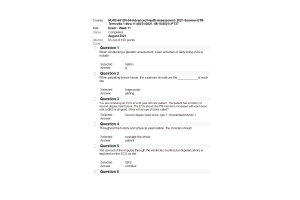

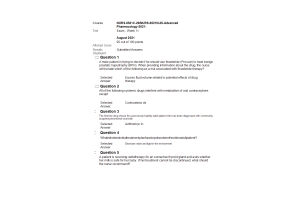

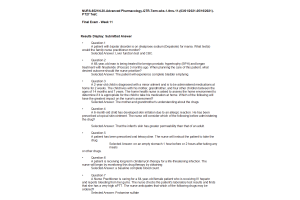
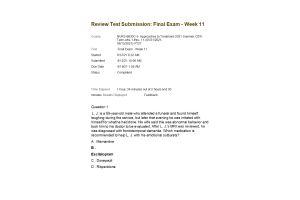
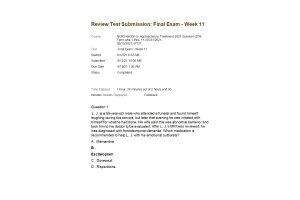
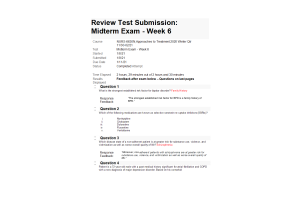
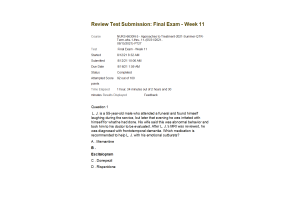
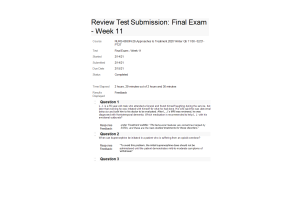
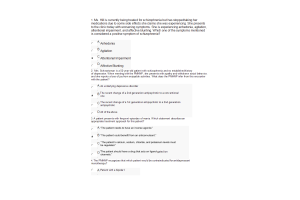
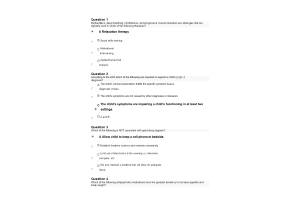

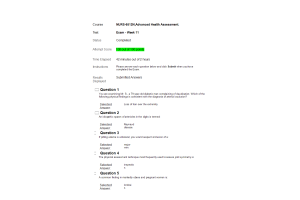
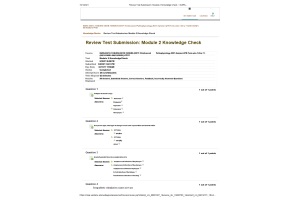


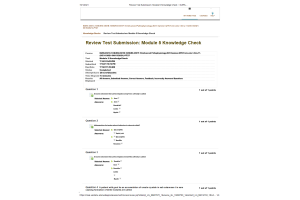
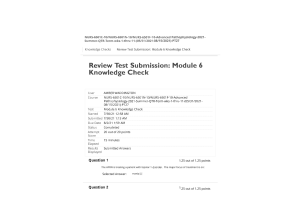

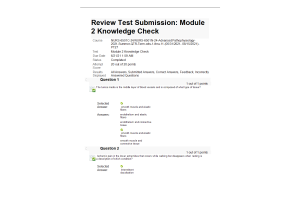
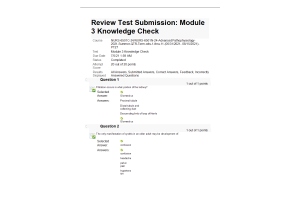
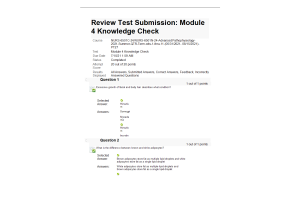
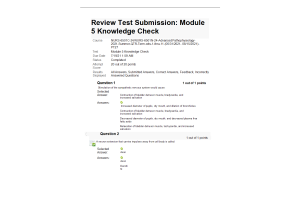
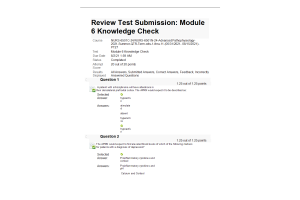
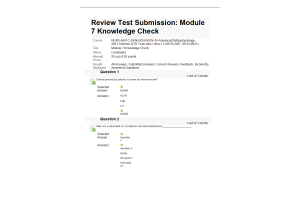
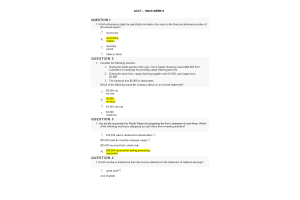

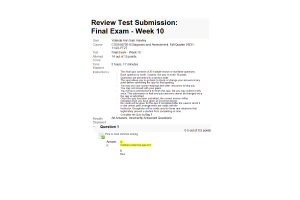

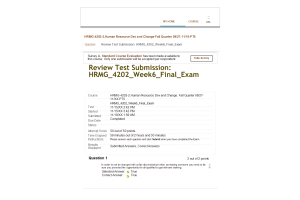
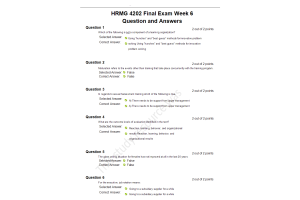
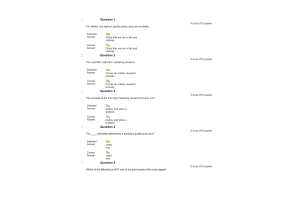

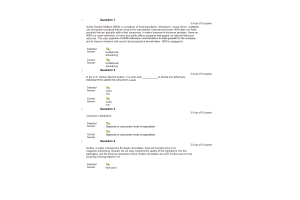



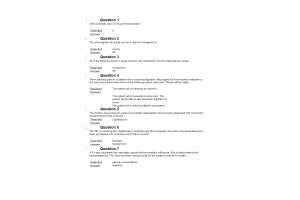
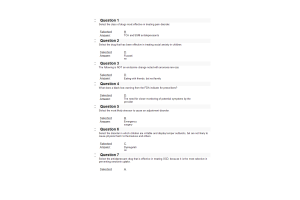
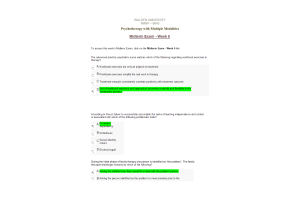
-300x200.png)



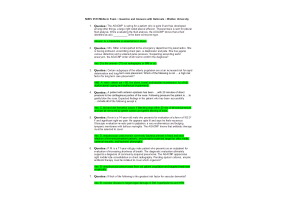
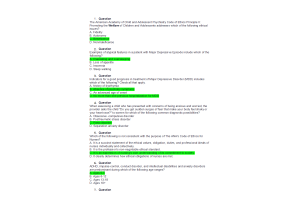

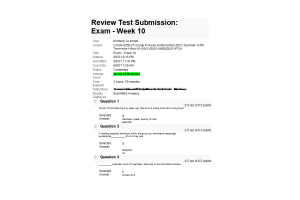
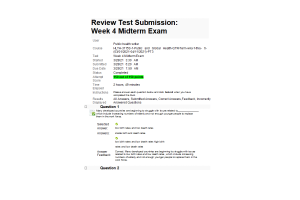
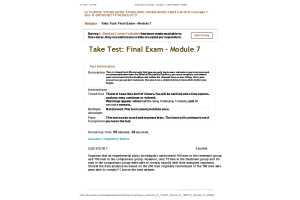
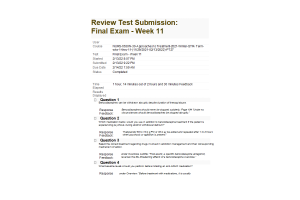
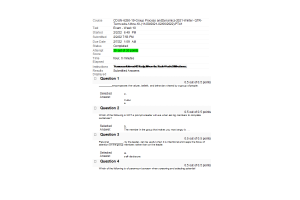


/NRNP 6635 Week 11 Final Exam (Fall 2021)-300x200.png)

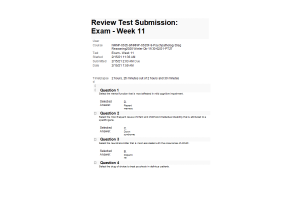
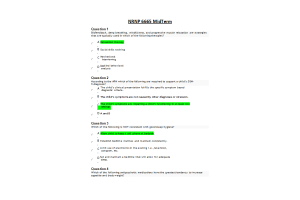



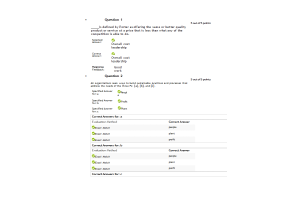
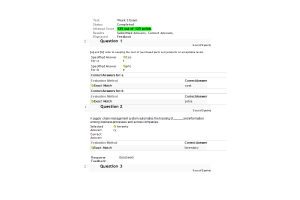
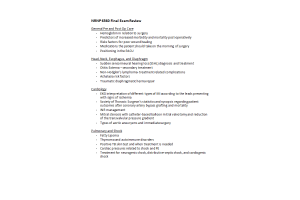
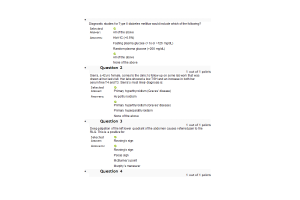

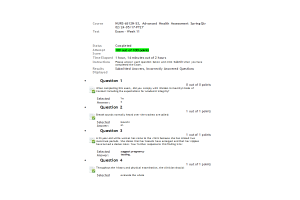
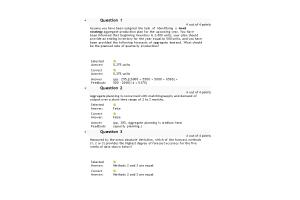
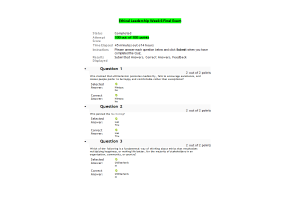
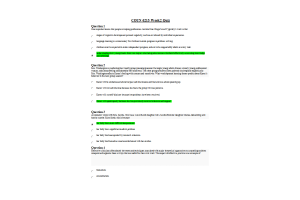


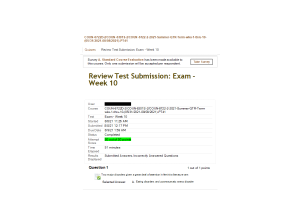
-300x200.png)
